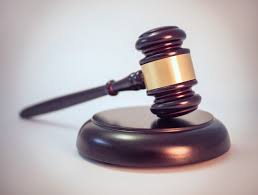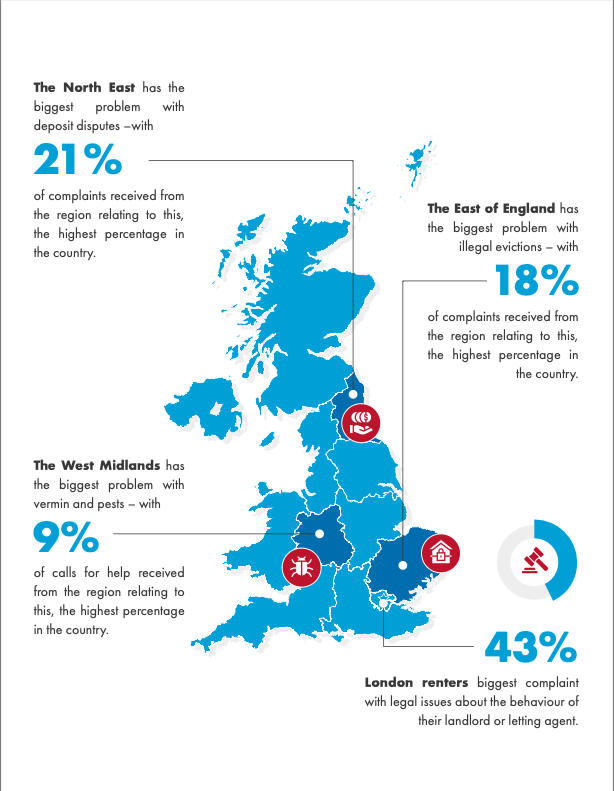What to check before you sign your tenancy documents
Searching for a property to rent can be a stressful period, but add into the mix the current cost of living crisis, the increase in rents and the surge in demand it is becoming more important as properties are snapped up at speed to ensure renters know what they are signing.
What to avoid
As a renter, you are at your most vulnerable on the day you move day. This is because it is normally when you are asked to review and sign a lot of documents. You are excited about moving into your new home, you have your removal van outside, and you’ve paid over all the money, so to back out now would mean you would lose money and be homeless, not a great idea. It is easy to gloss over these documents and just sign them, but these documents are critical, so to avoid this situation, we suggest you ask for drafts of all the documents you will be asked to sign at the time you book your viewing. This means you have time to review all the documents and ask any questions before you make any decisions and without any pressure. Remember at the viewing stage of your search the Landlords/Letting Agents are looking for the ideal tenant and that person/s could be you, so during this period you should request and review their documents, ask any questions you may have and make a decision not just on the property but also the Landlord/Letting Agent and the agreement/documents.
Documents you may be asked to sign
Most agreements include various other documents that a Landlord/Letting Agent may require you to sign:
- Tenancy agreement
- Inventory
- How to rent guide
- Document checklist
A Landlord/ Letting Agent may further request a signature on the document checklist mentioned above stating you have received the following documents:
- EPC (Energy Performance Certificate)
- A Gas safety certificate – if applicable
- EICR (Electrical Installation Condition Report)
- Deposit Certificate
- Right to Rent checks
Tenancy Agreement
The tenancy agreement is a legal contract between you and the landlord that outlines the rights and responsibilities of each party. The tenancy agreement will typically include information such as the duration of the rental period, the amount of rent that you will be required to pay, and any rules or restrictions that apply to the property.
Within a tenancy agreement, there are many clauses which should all be read through very carefully. You must ensure before signing that you understand all aspects of the agreement. If there is anything you do not understand you can contact the landlord or Letting Agent or search sites like shelter or citizens advice, on any clauses you are unsure of.
Some of the most important elements of a tenancy agreement to check are the amount of rent you will need to pay, and how often the landlord is able to increase this. Most agreements will include a clause along the lines of ‘the landlord reserves the right to increase the rent 12 months after the commencement of this agreement. You should also check the deposit amount and ensure the agreement includes details of which deposit scheme the deposit is to be lodged with.
Tenancy Deposit
It is the law that all deposits provided by tenants be protected in one of three government-agreed schemes. These are:
- The Deposit Protection Scheme
- Tenancy Deposit Scheme
- MyDeposits
Your tenancy agreement should include information about this deposit and where it will be lodged. After the landlord has placed your deposit in a scheme, the scheme will contact you to let you know that the deposit is with them and what their processes are. If you do not receive this within 30 days, it is worth contacting either the scheme noted in your agreement or the landlord to see if there has been a delay and why.
Deposits need to be lodged in a scheme within 30 days of the beginning of the tenancy, you are entitled to make a claim to receive compensation for the original deposit plus up to three times the deposit amount.
Inventory
An inventory should be provided when moving into the property. The inventory should include all potential problems any wear and tear and damaged items. While providing an inventory is not a legal requirement, it is advised as it can really help when considering deposit disputes! If this is something not offered by your landlord, it would be worth either asking your landlord if this is something they would be able to provide for your peace of mind or, completing your own inventory, taking pictures of the house the day you receive the keys for your own records. Landlords and Agents can only make a deduction from your deposit at the end of a tenancy for certain things, and the burden is upon them to prove they are entitled to the deduction from your deposit. Worth noting anything considered fair wear and tear is not allowed as a deduction from your deposit
After receiving an inventory, tenants are allowed up to 7 working days to read through the document, look around and make a note of anything else that they have noticed. This must be done before signing the document. Once the document is agreed to by both parties, it will be used at the end of the tenancy to show if there is anything that you should be responsible for paying for and deducted from your deposit.
How to rent guide
A How to rent guide is a document produced by the government which contains important advice for tenants residing in England and Wales. This document can prove incredibly beneficial for many tenants as it will state what to expect from your tenancy along with the responsibilities of both the landlord and the tenant in a way that is simple to understand.
From October 1st 2015 it became a legal requirement for tenants to receive this guide before the tenancy begins, you must ensure you read through this carefully! It is also handy to keep this so that you can refer back to it in the future if any problems do arise. The Landlord/Letting Agent must show you have received a copy and many include the terms of the tenancy agreement so when you sign the tenancy agreement you may also be signing to confirm receipt of certain documents.
Document Checklist
At the end of the tenancy agreement, the landlord should list the documents they have provided you – an Energy Performance Certificate, Electrical Installation Condition Report and a Gas Safety Certificate (if the property has gas) – these are all required by law, always check the expiry dates and if the expiry date is in the near future, it may be a potentially good idea to ask the landlord what their plan is for the renewal of these certificates as this help to keep you safe and are required by law.
FREE SAFETY CHECK
You can sign up for Very Wise Renter which will check your tenancy documents and make sure they are compliant and you are safe. Both you and the Landlord/Letting Agent receive notifications if there are any compliance issues, and it will send out timely reminders to ensure any certificates due for renewal are completed.
As a member, you also get access to Free Legal and Counselling Helplines 24/7.
You can sign up for Very Wise Renter here
You can sign up for Very Wise Student here





